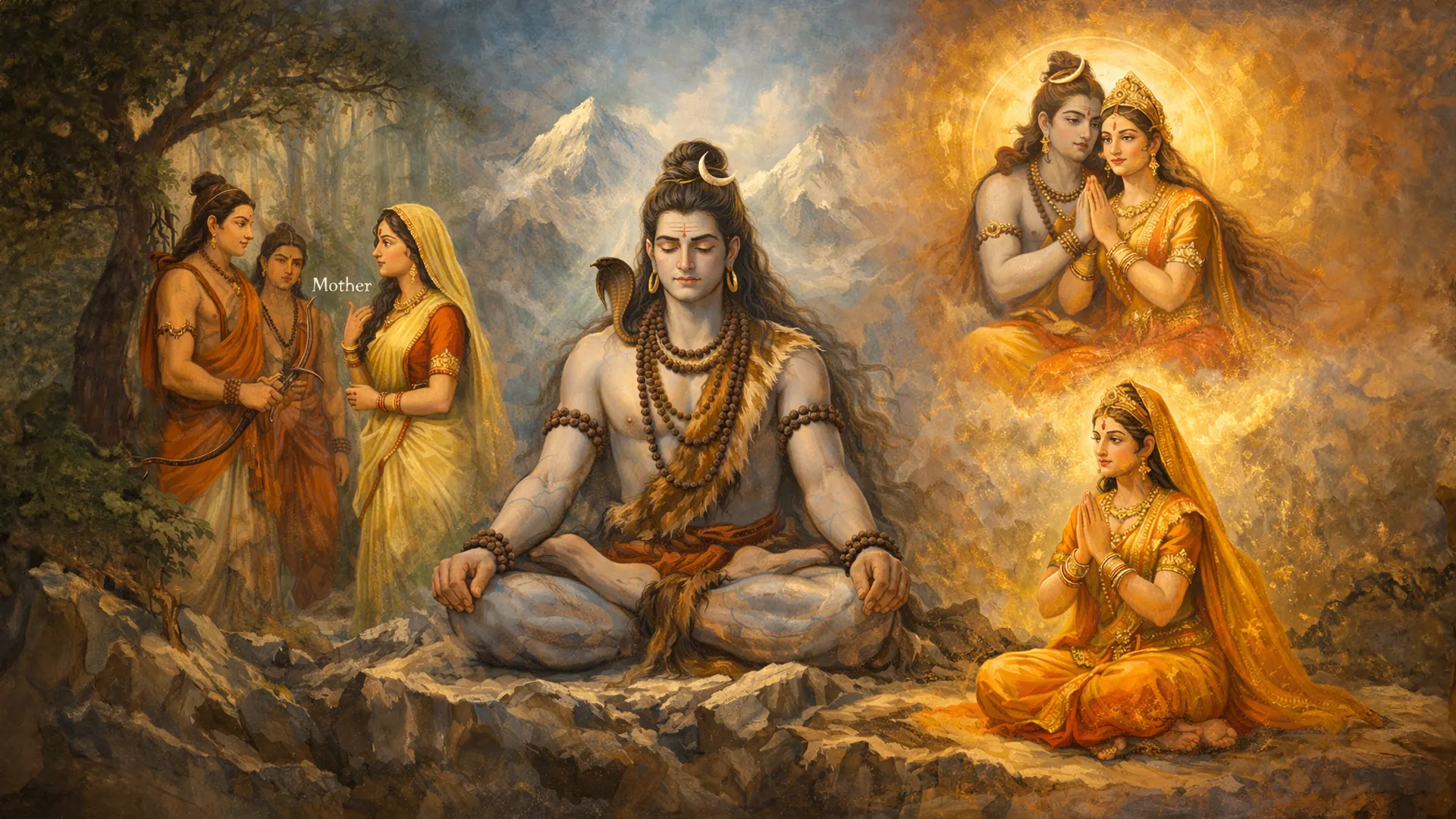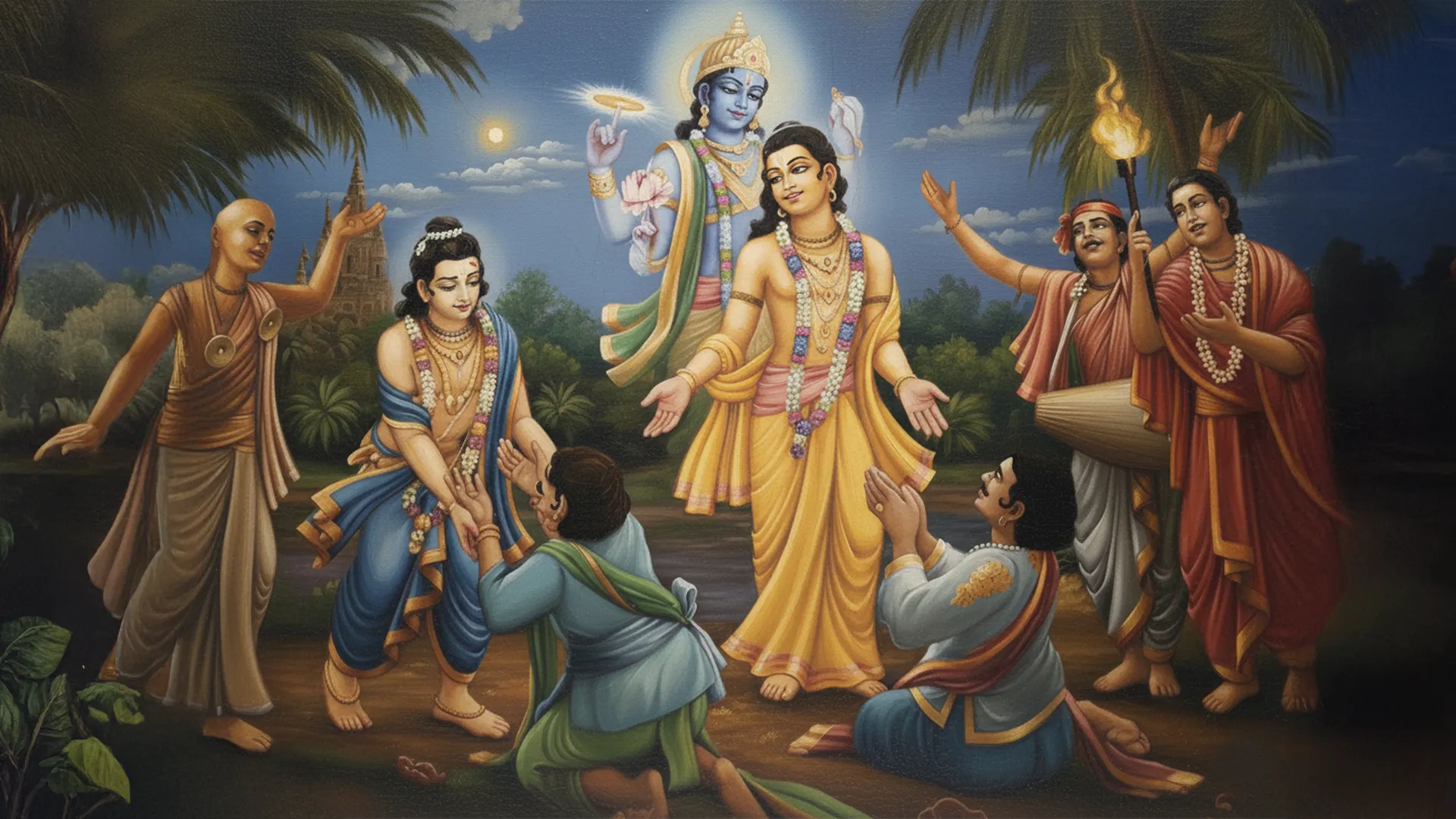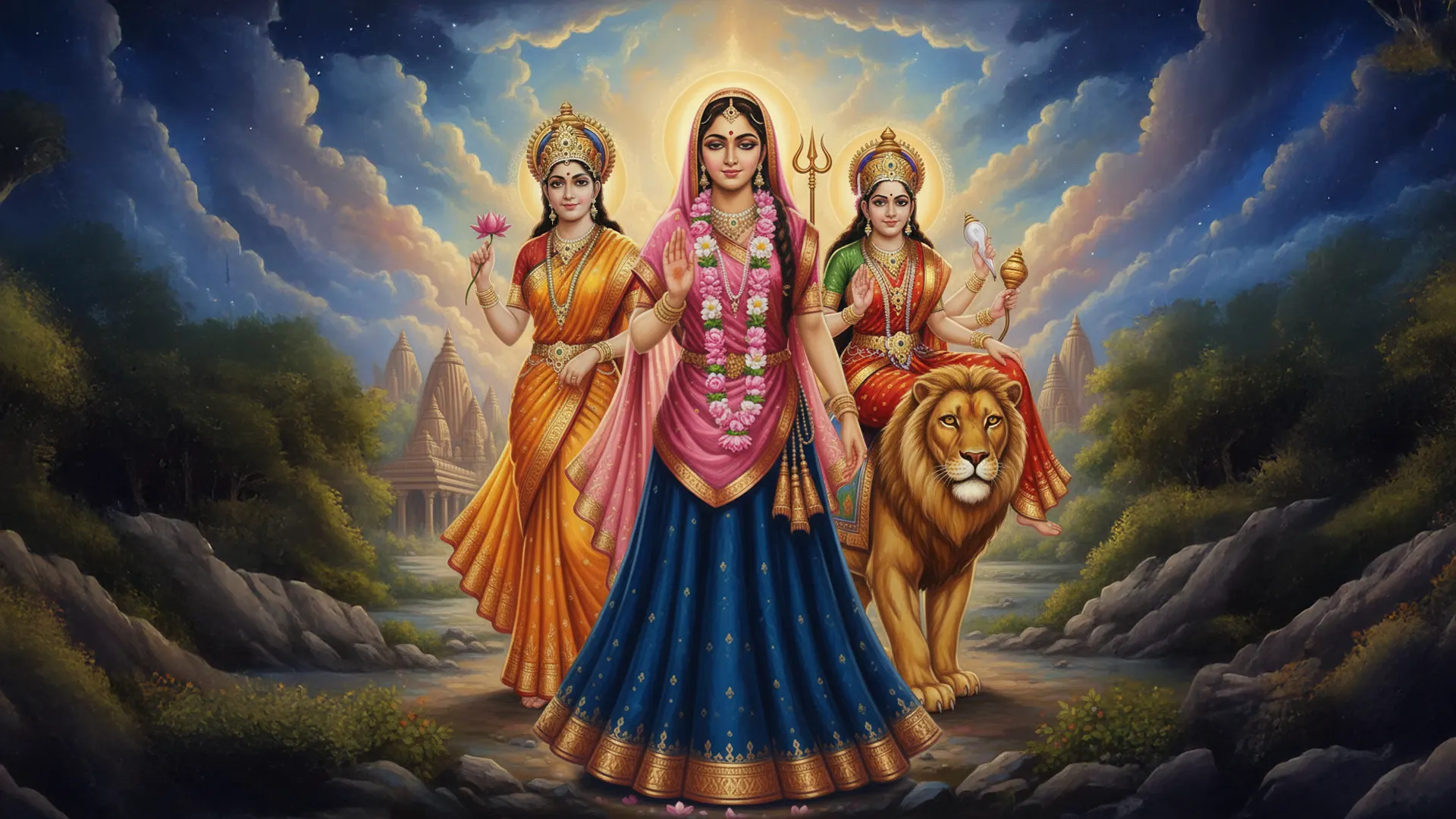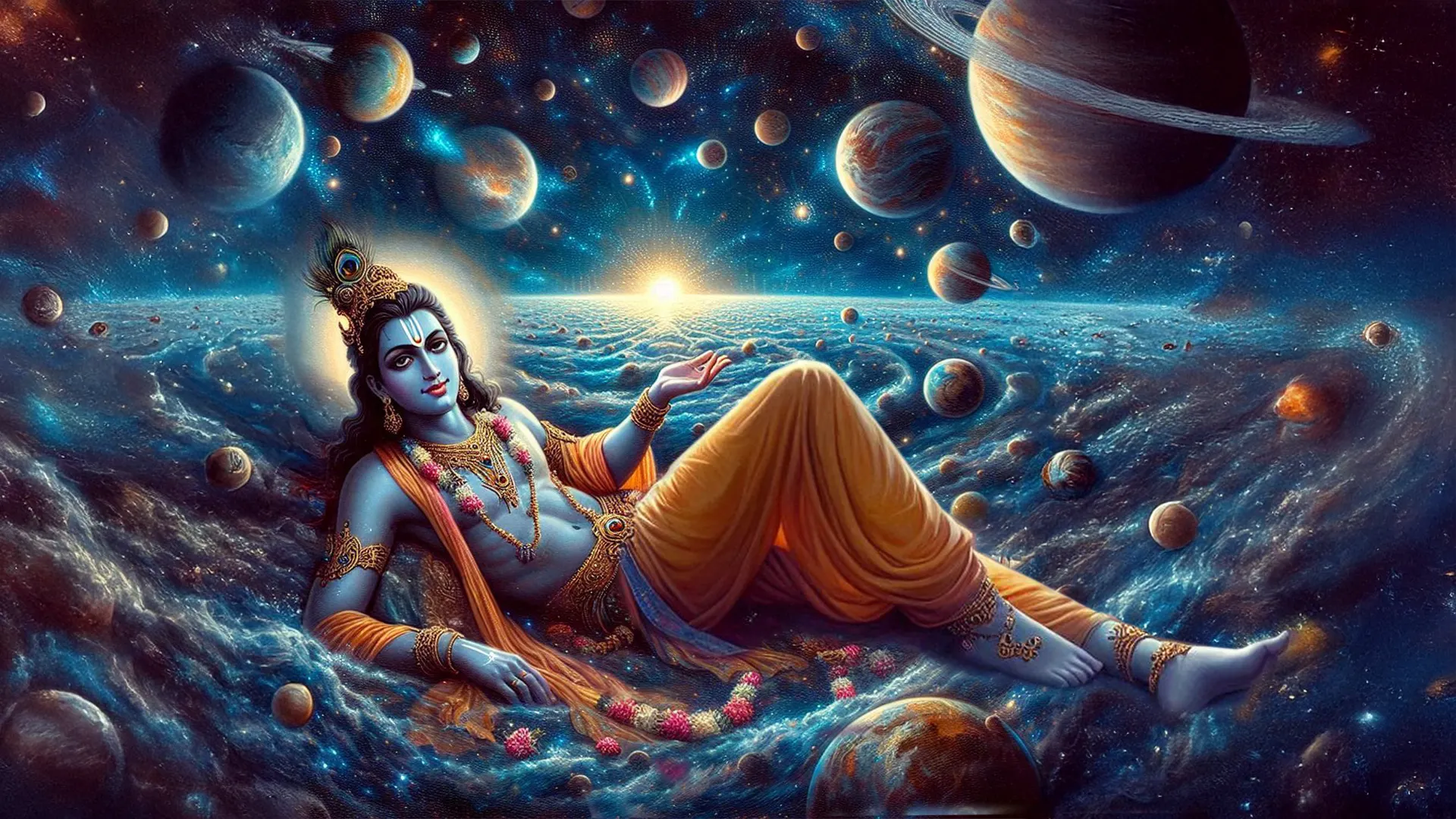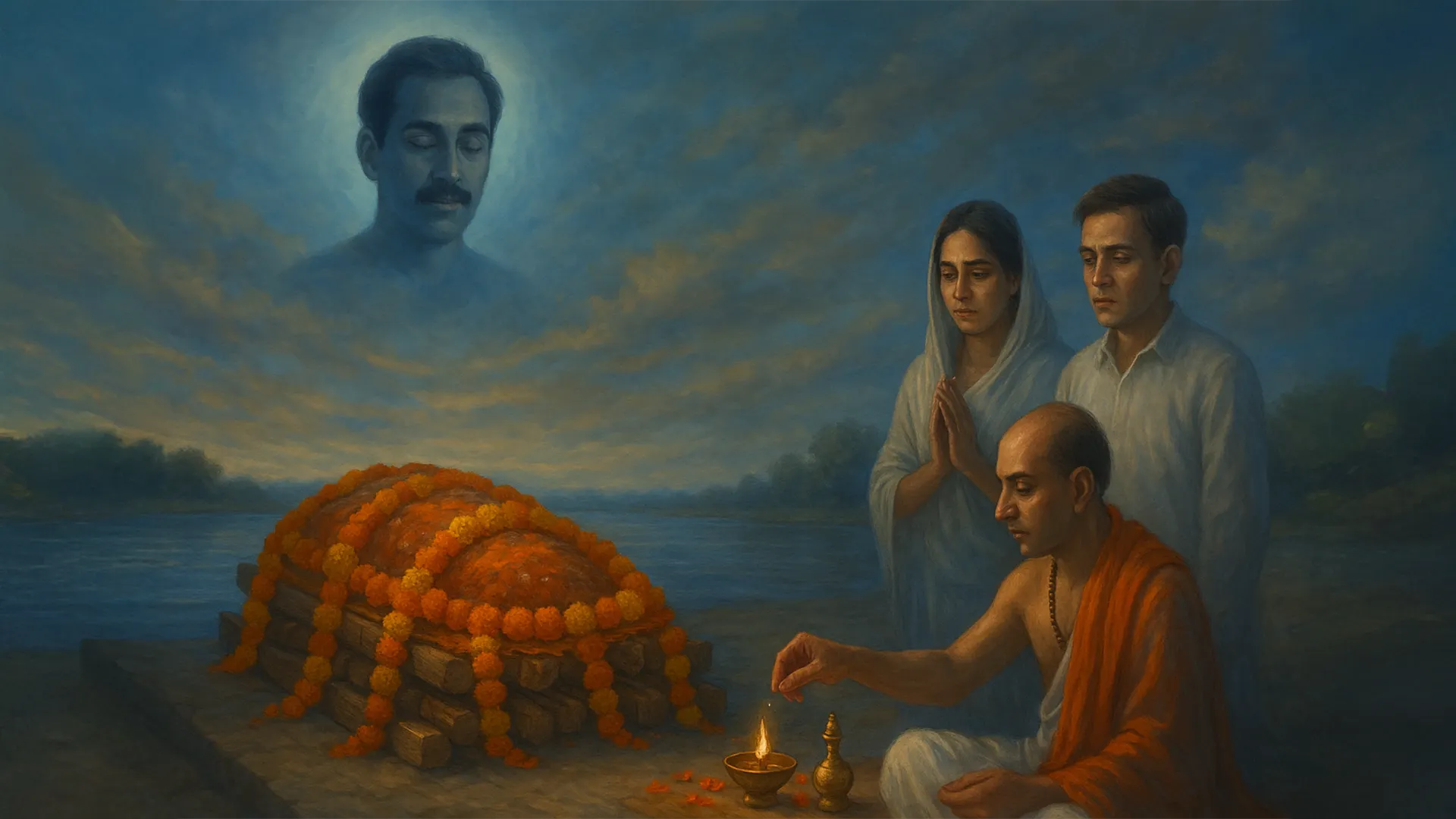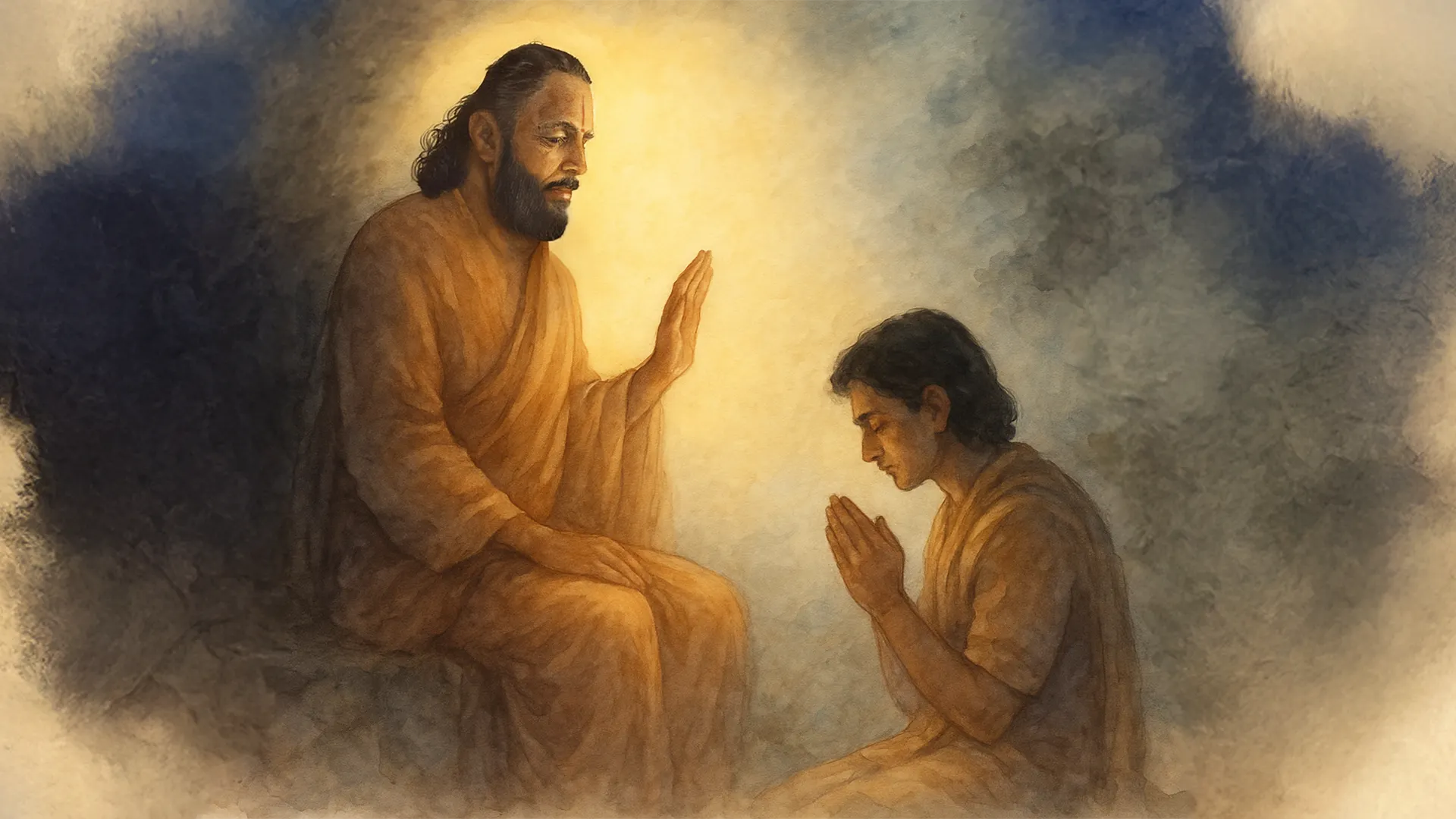As humans, we all possess an innate desire to attain greatness. We inherently possess this aspiration, even though no one has ever taught us to pursue perfection or strive for excellence. Have you ever wondered why this is the case?
It is critical to recognize that there is a discrepancy between who we are and who we want to become. We strongly desire to be famous and respected, with people hanging on our every word. But the reality is something else. The truth of who we are is still an enigma, and until we crack the secret of self-identity, we will not be able to find the formula to be great.
Unlocking Self-Identity: Wisdom from Bhagavad Gita, Ramayana, and Ramcharitmanas
Once, while lost in contemplation during a walk, Socrates collided with a man. The man disdainfully asked, "Can't you see where you're going? Who are you?" Socrates responded, "My friend, I've been pondering this question for twenty years. If you know the answer, please tell me."
For the answer to who am I, we need to explore the scriptures. In Bhagavad Gita (7.4), Shree Krishna says to Arjuna:
भूमिरापोऽनलो वायु: खं मनो बुद्धिरेव च |
अहङ्कार इतीयं मे भिन्ना प्रकृतिरष्टधा || 4||
bhūmir-āpo ’nalo vāyuḥ khaṁ mano buddhir eva cha
ahankāra itīyaṁ me bhinnā prakṛitir aṣhṭadhā
Earth, water, fire, air, space, mind, intellect, and ego are eight components of My material energy.
Ramayan also states:
पंचत्वमिदं देहास्य सर्वस्य च पंचात्मकम्।
अपङ्कं दीपकं विद्यात्प्रज्ञायां विपरिप्लुतम्॥
Panchatvam idam dehasya sarvasya cha panchatmakam.
Apaṅkaṁ dīpakaṁ vidyāt prajñāyāṁ vipariprutam
"Know this body to be composed of five elements and the soul residing within it as the sixth, like a lamp devoid of impurities in wisdom."
Ramcharitmanas claims:
छिति जल पावक गगन समीरा ।
पंच रचित अति अधम सरीरा ।।
Chiti jal pāvaka gagan samīra
Pañca racita ati adhama śarīra
The body comprises five elements- earth, water, fire, sky, and air which are perishable.
The Law of Attraction: A Spiritual Perspective
Swami Vivekananda stated, "You are not bodies, you are not matter, you are spirits blessed, free, and eternal. Matter is your servant, not you, the servant of matter." Therefore, we are small parts of God and have existed since the beginning. We are God's energy. The very reason for our existence is the Supreme Personality – God/ Brahma.
The Vedas give two definitions of Brahm- वृहत्वात् ब्रह्म (Vṛhatvāt Brahma)-the one who is the greatest and बृहणात्वात् ब्रह्म (Bṛhaṇātvāt Brahma)- the one who makes others great.
The soul, which is just a tiny part (अंशी/Aṁśī), naturally gets attracted towards its greater whole (अंश/aṁśa), the Supreme Soul or the Brahm. This is the law of attraction. Therefore, knowingly or unknowingly, everybody aspires to be always blissful, all-powerful, all-knowing, immortal, invincible, etc., because these are all the qualities of God.
Why do we not comprehend this knowledge? It is due to our ignorance stemming from countless lifetimes. We have mistakenly identified ourselves as merely a body composed of chemicals. This misunderstanding has led to us becoming overly proud. Our egos swell to the point where we convince ourselves that the world exists solely for our enjoyment.
Humility: The Path to Following God's Will
A man once traced the course of the Ganges River using a map. As he walked along, he reached a point where the map indicated that the river should flow left, but the Ganges rushed to the right. He grumbled, "How can this be? The Ganges should follow my map. It's not following my map; this doesn't seem right."
Consider this: should the map follow the river, or does the river follow the map? Similarly, we must ponder whether we should follow God's will or if He should follow ours. We are the ones who should accept and follow God's will rather than the other way around.
What is the path to following His will? It is humility. Realizing that we are like glow worms compared to the sun and accepting our insignificance is crucial.
The Tao Te Ching teaches, "Instead of trying to be the mountain, be the valley of the Universe." Jesus of Nazareth also said, When someone invites you, go and take the lowest place so that when the host arrives, he may say to you, 'Friend, move up higher.' Everyone who exalts themselves will be humbled, and everyone who humbles themselves will be exalted.
The Virtue of Humility: The Key to Greatness
Saint Kabir has put this very nicely:
ऊँचे पानी न टिके, निचे ही ठहराय । निचा होय सो भरी पिये, ऊँचा प्यासा जाय ||
Ūṁce pānī na ṭike, nicē hī ṭhaharāya। Nicā hoy so bharī piye, ūṁcā pyāsā jāya
"Water does not remain above; it naturally flows down. Those who are low and unassuming drink (God's grace) to their heart's content, while those who are high and pompous remain thirsty."
Hence, when we kneel and cry out to our Master, he will embrace us. We must teach our mind the sentiment, 'O Lord, I am nothing, but by your grace, I can move the biggest of mountains." One thing that makes excellent personalities great is the virtue of humility. Let us chastise our ego today and take the first step towards greatness. Let us not just aspire but turn our dreams into reality. Let us imbibe the most elevating quality ever – the quality of humility.



